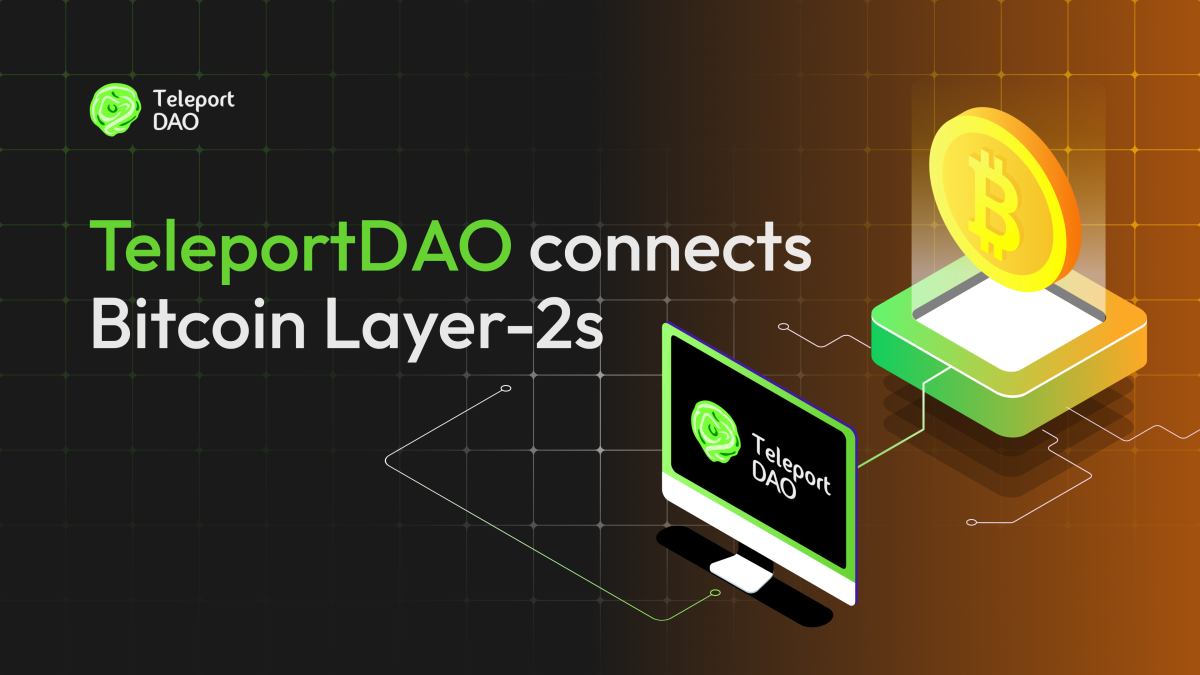Bank of England policy committee member says DeFi isn’t decentralized

Quick Take
- An external member of the UK’s central bank financial policy committee outlined perceived pitfalls in the governance of decentralized finance in a speech on Wednesday.
- The speech suggested that the private sector should play a more active role in shaping best practices for the crypto industry.

A senior advisor to the Bank of England suggested that decentralized finance is not as decentralized as it claims to be in a speech to the University College London’s Blockchain Research Center on Wednesday.
"Concentrations of power in [proof-of-work] and [proof-of-stake] systems, and other flaws in governance of crypto and DeFi, have already contributed to all-too familiar issues; top of the list are business failures, illegal activity and financial losses for investors," warned Carolyn Wilkins, an external member of the central bank's financial policy committee and a former leader for Canada's central bank. "If left unchecked, this state of affairs will erode trust among investors in crypto-based financial services and their customers, and could lead to financial stress more broadly."
Wilkins cited a study from April 2022 that showed that in a sample of the 50 largest by market capitalization proof-of-stake platforms, the top ten validators held between 47% and 100% of the stakes.
The central bank advisor noted that regulation and legislation in digital assets remain a work in progress, but called on the private sector and DeFi investors to do more in ensuring the safety and proper governance of projects and digital assets.
"It is in the interest of the private sector to be proactive," Wilkins said. "Major investors must 'get up, stand up' to demand change. It is critical that industry adopt best practices and codes of conduct to reinforce trustworthy behaviour and culture."
When it comes to proof-of-work blockchains, Wilkins warned that crypto miners can take advantage of their position by making decisions on how to execute transactions, or manipulate the market in what is known as maximal extractable value. She also noted that open source DeFi platforms like Polkadot and MakerDAO have emergency powers for leadership teams to unilaterally make decisions.
Wilkins also noted that the incumbent financial sector has begun adopting blockchains, lending added urgency to the need for improvements from digital asset projects.
“The window for the crypto industry to improve its approach to governance is narrowing,” Wilkins said. “Regulated firms in traditional finance are increasingly applying the underlying blockchain technology to traditional capital markets. They will be in a better position to capture this market if the crypto industry does not get its house in order, if only because they have more familiar and battle-tested governance.”
© 2023 The Block. All Rights Reserved. This article is provided for informational purposes only. It is not offered or intended to be used as legal, tax, investment, financial, or other advice.

